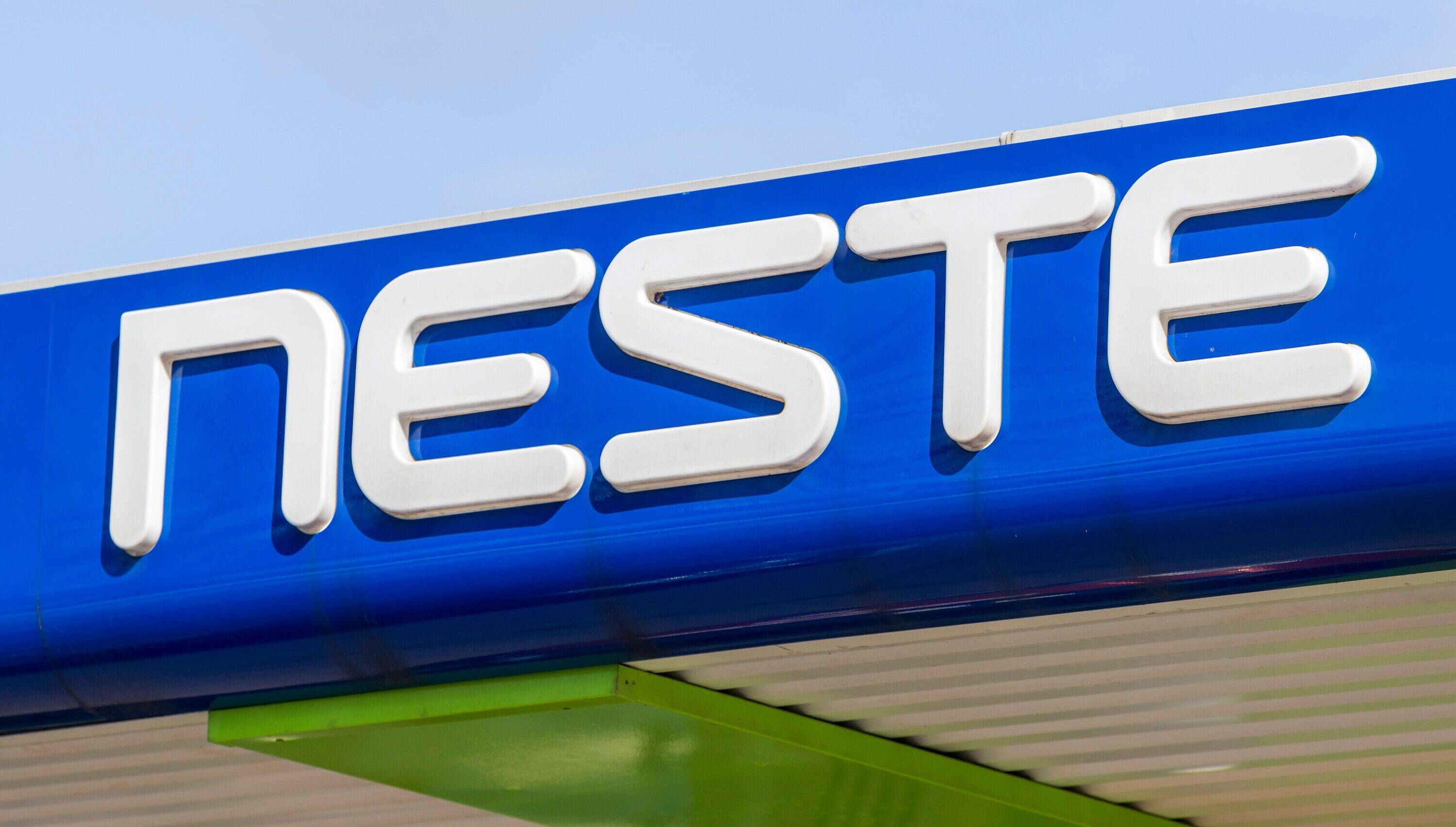This premium content is exclusive to edie Members.
To find out more about edie Membership, please click below.
If you are an existing member, login here

edie rounds up five positive sustainability stories from this week.
Published every week, this series charts how businesses and sustainability professionals are working to achieve their ‘Mission Possible’ across the campaign’s five key pillars – energy, resources, infrastructure, mobility and sustainability leadership.
Across the UK and across the world, leading businesses, cities, states and regions are turning environmental ambitions into action. Here, we round up five positive sustainability stories from this week.
ENERGY: Co-op signs solar PPA to power UK food stores and homes
Co-op has signed a power purchase agreement (PPA) to utilise the clean energy produced from ScottishPower Renewables’ Coldham solar farm in Cambridgeshire.
Under this agreement, Co-op will take 100% of the electricity produced from the site to power its estate, including food stores, distribution centres and Funeralcare homes across the UK, over a 15-year period.
ScottishPower Renewables will be supplying Co-op with a peak capacity of nine megawatts (MW) of clean energy, which is enough to power the equivalent of around 55 Co-op food stores or 2,000 homes.
Co-op’s chief executive Shirine Khoury-Haq said: “This agreement means more renewable energy will be generated, and in doing so increase energy security, boost economic development and help us achieve net-zero in our own operations by 2035.”
RESOURCES: Aldi switches to 100% recycled plastic for soft drink bottles
Aldi has announced that it will switch to using 100% recycled plastic for its own-brand soft drinks and bottled water, excluding the cap and label, in England and Wales.
This initiative, part of the supermarket giant’s target to include 50% recycled content into its plastic packaging by 2025, is anticipated to save around 10,000 tonnes of virgin plastic annually.
In the UK, approximately 14 billion plastic beverage bottles and nine billion beverage cans are used annually.
Aldi UK’s plastics and packaging Luke Emery said: “We know our customers care about how their food and drink is packaged, as well as how it is disposed of and where it goes next.
“Moving to recycled content on our soft drinks range forms part of our efforts to accelerate our progress on this journey. We also hope the new labelling we are introducing will help to remind customers to recycle their packaging after use so we can all do our bit to increase recycling rates in the UK.”
Last month, Aldi rolled out own-brand paper wine bottles for its Cambalala South African Shiraz and South African Sauvignon Blanc with packaging made from 94% recycled paperboard, lined with a food-grade pouch to contain the wine.
MOBILITY: Neste partners with natural gas utility to decarbonise fleet operations

Global renewable fuel producer Neste has announced a partnership with New Jersey Natural Gas (NJNG) to help switch its medium-duty trucks and associated equipment to renewable diesel, in a bid to reduce greenhouse gas (GHG) emissions.
According to Neste, renewable diesel can reduce GHG emissions by up to 75% over the fuel’s life cycle compared to fossil diesel.
Nearly 70 medium-duty trucks in the NJNG’s fleet currently run on renewable diesel, reducing GHG emissions by approximately 550 tonnes annually compared to the use of fossil fuel.
According to the utility company, it is first natural gas utility on the East Coast in the US to use cleaner fuel for fleet operations.
Neste’s vice president of commercial renewable products Carrie Song said: “This partnership demonstrates the increasing demand for lower-emission fuels across the entire nation.
“We look forward to helping other businesses in the state effectively reduce GHG emissions.”
THE BUILT ENVIRONMENT: WSP re-opens refurbished sustainable office in London
Global consultancy WSP has unveiled its newly refurbished office at 70 Chancery Lane in London, which has been retrofitted to make the space more sustainable and energy efficient.
The all-electric office now includes a new low-carbon heating, ventilation and cooling system. This includes replacing gas boilers with heat pumps as well as a decentralised variable air volume (VAV) system which manages fresh air flows around the office based on CO2 levels.
The new space will facilitate nearly 1,200 employees across five floors, with increased space for co-working and meetings.
WSP EMEIA’s president Mark Naysmith said: “The team has worked incredibly hard to create a sustainable and collaborative space of the highest standards.”
WSP UK’s head of building services Nick Offer said: “We prioritised sustainable and energy efficient design at every stage of the project. I am incredibly proud of the resulting all-electric office space, showcasing our commitment to sustainability.”
SUSTAINABILITY LEADERSHIP: Veolia repurposes London FA Cup Final’s banner to promote circularity
Veolia has partnered with the London Football Association (FA) to repurpose its 2022 FA Cup Final’s banner into drawstring bags and sport bibs for the participants of the London Girls Cup Finals and local London grassroot teams.
In 2022, Veolia collaborated with the FA to create the recycled plastic banner, which was made by collecting and sorting 47,600 plastic bottles from previous events at Wembley Stadium.
Now the brand has repurposed the banner again, which is expected to deliver carbon reductions as recycling plastic typically saves up to 70% of the emissions associated with virgin material production.
Veolia’s senior contract manager Gisela Endres said: “Supporting the 2022 FA Cup Final was just the start of the recycling journey for these plastic bottles, and it has been exciting to put sustainability first once more with this project.
“This is just one of the innovations we are working on to proudly support the London FA, and we are excited to continue finding sustainable solutions to make our game greener.”






Please login or Register to leave a comment.